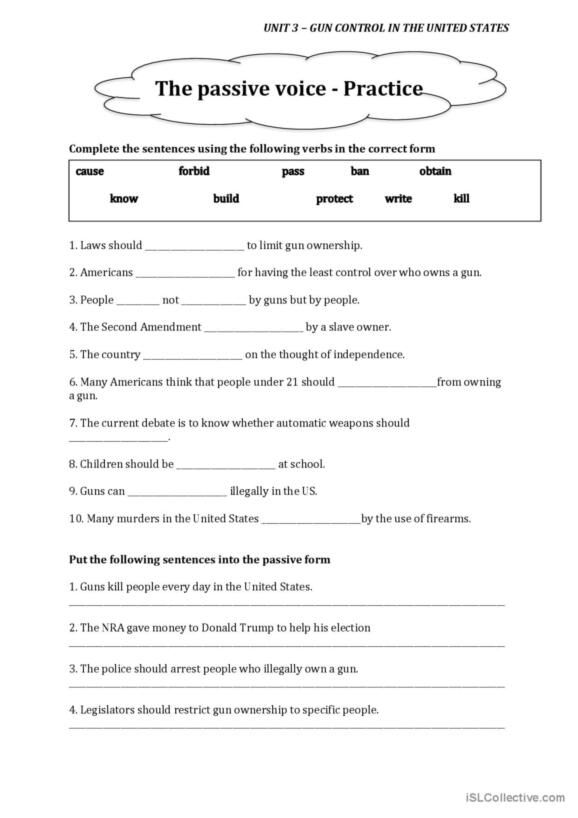Passive voice is a construction in which the subject of a sentence is the recipient of the action rather than the doer. It is often used to emphasize the action or the receiver of the action, rather than the person or thing performing the action. While some people find passive voice confusing or awkward, it can be a useful tool in certain situations.
One of the key features of passive voice is that the object of the action becomes the subject of the sentence. For example, in the active voice sentence “The cat chased the mouse,” the cat is the subject performing the action. In the passive voice equivalent, “The mouse was chased by the cat,” the mouse becomes the subject of the sentence. This shift in focus can change the tone and emphasis of a sentence.
Passive voice is often used when the doer of the action is unknown or unimportant, or when the focus is on the action itself rather than the person performing it. For example, “The cake was eaten” does not specify who ate the cake, but simply that it was consumed. Passive voice can also be used to avoid assigning blame or responsibility, as in “Mistakes were made.”
One common mistake with passive voice is overusing it, which can make writing sound awkward or impersonal. It is important to use passive voice judiciously and consider whether it is the best choice for conveying your message. Active voice is generally more direct and concise, so it is often preferred in many types of writing.
Overall, understanding passive voice in grammar can help writers effectively convey their message and vary their sentence structure. By knowing when and how to use passive voice, writers can add depth and nuance to their writing. Whether you choose to embrace or avoid passive voice, it is a valuable tool to have in your linguistic arsenal.
Closing Thoughts
In conclusion, passive voice is a versatile and powerful tool in the English language. By mastering the use of passive voice, writers can enhance their writing and communicate their ideas effectively. Whether used sparingly for emphasis or strategically to shift focus, passive voice has a place in every writer’s toolbox.
